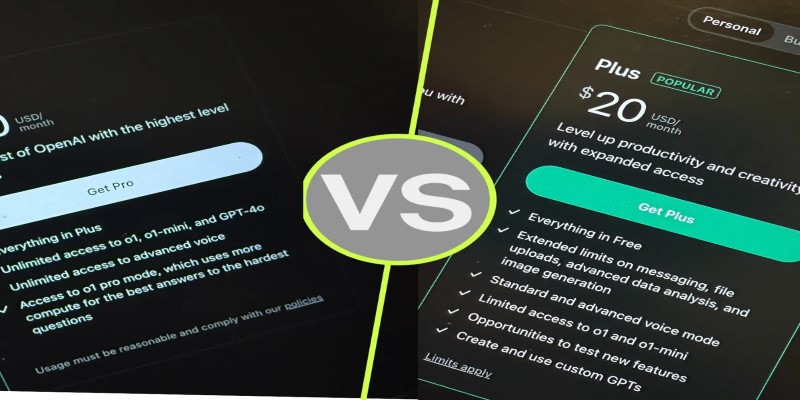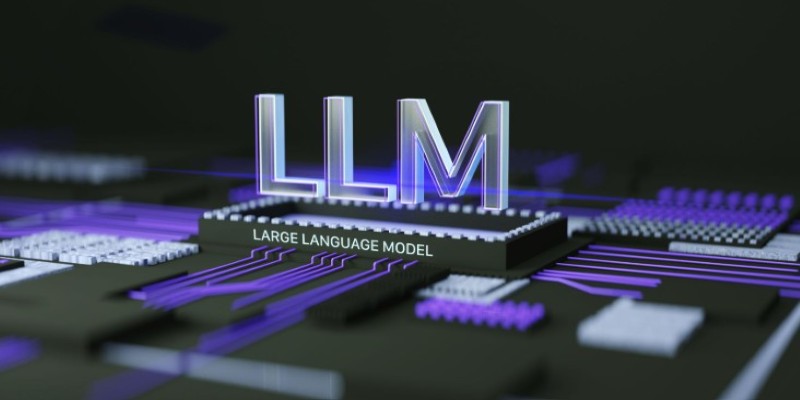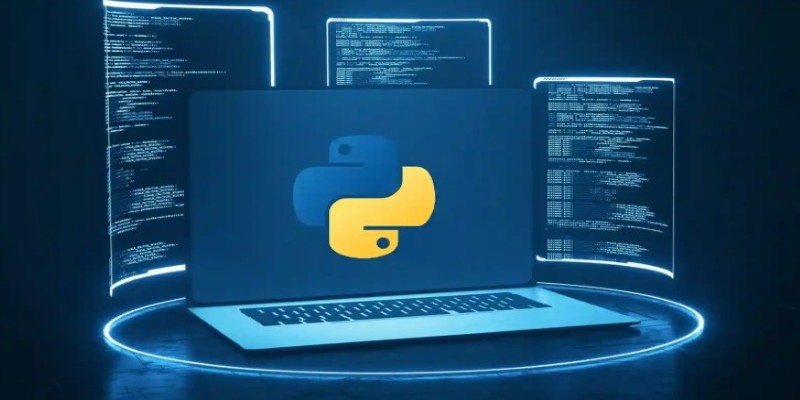We're always looking for tools that make life smoother or save us time, and ChatGPT is one of those tools that many have come to rely on—whether for writing help, brainstorming, quick answers, or just casual conversation. But if you've used the free version and seen the little upgrade option blinking at you, you've probably wondered: is ChatGPT Plus actually better, or is it just another subscription we forget we signed up for?
It’s easy to assume the Plus plan is just faster or shinier, but there’s more to it than that. To figure out if it makes sense for your needs, here’s a full look at what you gain—and what might make you hesitate.
The Pros of ChatGPT Plus
You Get Access to GPT-4 (And It Shows)
One of the biggest reasons people choose ChatGPT Plus is that it unlocks GPT-4. And yes, that version really does bring a noticeable improvement. GPT-4 is better at understanding complex questions, staying on topic, and giving responses that feel more natural and relevant. It's like talking to someone who listens closely and doesn't jump to conclusions. Whether you're writing, coding, studying, or just exploring ideas, GPT-4 tends to get it right the first time more often than GPT -3.5.
Faster Response Times – Especially When It’s Busy
Ever tried to use the free version and got hit with "ChatGPT is at capacity right now"? That's less likely to happen with the Plus plan. During peak times, free users might wait or get locked out completely. Meanwhile, Plus users move to the front of the line. It doesn’t mean instant replies 24/7, but you’ll get much better access when demand is high.

It Handles More Tasks in a Single Chat
If you've used GPT-3.5 for any longer writing or technical work, you've probably seen it hit a wall. It might forget what you said earlier or miss a step halfway through a task. GPT-4, on the other hand, has a longer memory window. This means you can stay on track in more complex conversations. Whether you're planning something with multiple steps, drafting long documents, or going back and forth with edits, GPT-4 usually holds its ground without getting confused.
It’s a Solid Option for Learning or Work
For students, writers, and professionals, the Plus plan can feel like a helpful assistant. It doesn't just give quick answers—it explains things in a clear, organized way. Whether you're stuck on a concept or trying to clean up a paragraph, GPT-4 responds in a way that often makes sense on the first try. It's great for proofreading, summarizing, giving feedback, or just helping get ideas flowing. You're not getting a human editor, but you're getting a tool that makes solo work feel less solo.
The Cost Is Manageable
At $20/month, ChatGPT Plus isn't cheap, but it's not outrageous either—especially if you use it regularly. If it helps you finish work faster, avoid mental roadblocks, or just keeps things running smoother, the cost starts to make sense. Compare that with how much time you'd spend Googling, rewriting, or debugging, and for many, it pays for itself in saved time and less stress.
The Cons of ChatGPT Plus
It’s Still Not Perfect—Even as GPT-4
Yes, GPT-4 is better. But it's not a flawless genius. It still makes mistakes. Sometimes, it'll give outdated info, confidently state something just wrong, or overcomplicate simple things. If you're relying on it for facts or accuracy, you still have to double-check. It can support your work, but it can't replace your judgment. So, if you were hoping it would be a hands-off, answer-everything robot, that's not quite the case yet.
The “Memory” Feature Isn’t Full Memory (Yet)
While GPT-4 has a bigger context window, it doesn't "remember" your past conversations unless memory is turned on—and even then, the memory is still being rolled out and improved. So, you're not getting something that builds a long-term relationship or keeps tabs on your preferences consistently. That means if you want a personalized experience every time, you'll still need to re-explain things or fine-tune your instructions each session.
$20/Month Can Add Up
This really depends on your habits. If you're just using ChatGPT once in a while, the Plus plan might not feel worth it. Twenty bucks a month for something you only open once a week can start to feel like another subscription you forgot to cancel. And if you're just looking up quick facts or casual ideas, GPT-3.5 usually handles those well enough. So, unless you're relying on it regularly for work or study, you might not feel the full value of the upgrade.

It’s Not Always Easy to Spot the Difference
While GPT-4 is smarter and more reliable, some people don't notice a huge leap in quality right away—especially for everyday tasks. If you're writing short emails, making lists, or doing basic research, GPT-3.5 often feels just fine. So, if your needs are light or your expectations are modest, the jump from free to Plus may not feel like a dramatic upgrade.
So, Who Should Go for It?
If you’re working on projects that involve long documents, technical content, complex brainstorming, or in-depth analysis, ChatGPT Plus makes the process smoother. Students, researchers, writers, and professionals who are in it daily tend to feel the value more clearly. It doesn’t do the job for you, but it does help keep your workflow from stalling.
But if you’re more of a casual user—someone who pops in now and then for a few questions or a quick paragraph—it might be better to stick with the free version for now. GPT-3.5 still holds its own in many everyday situations.











